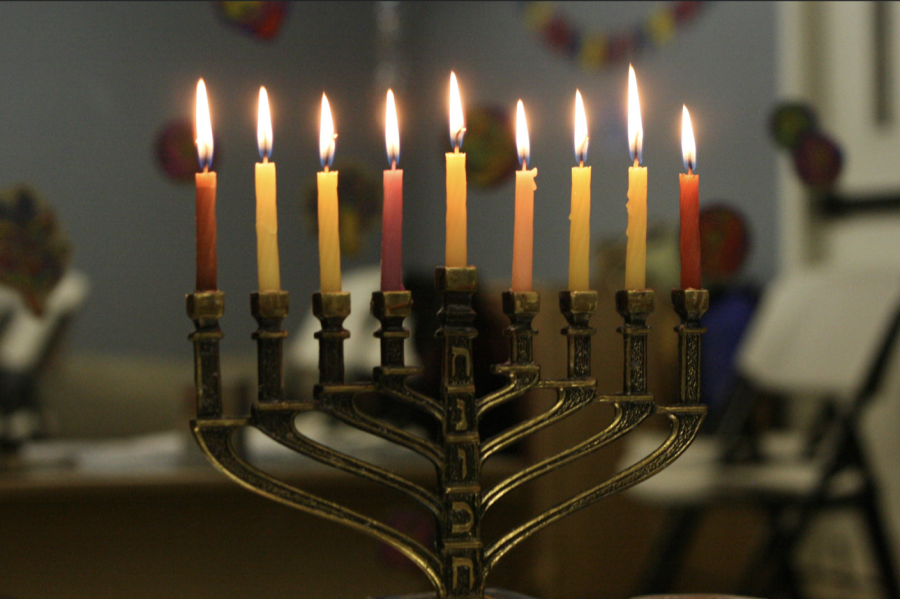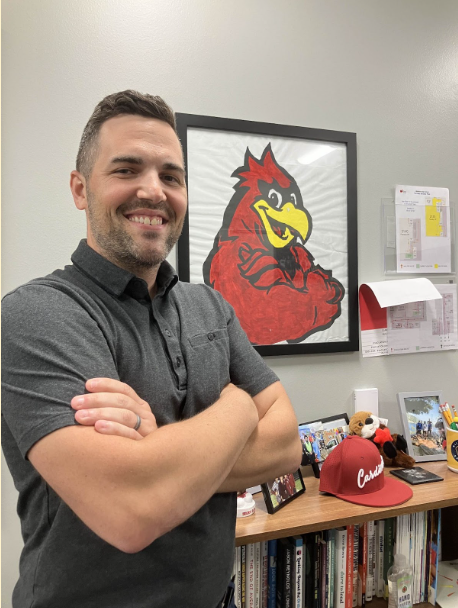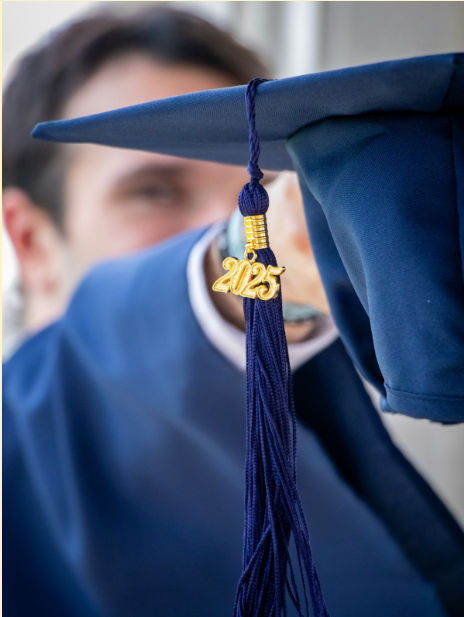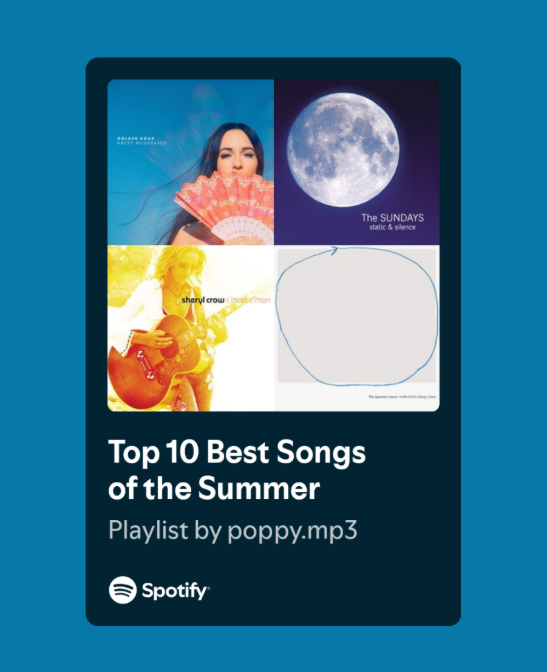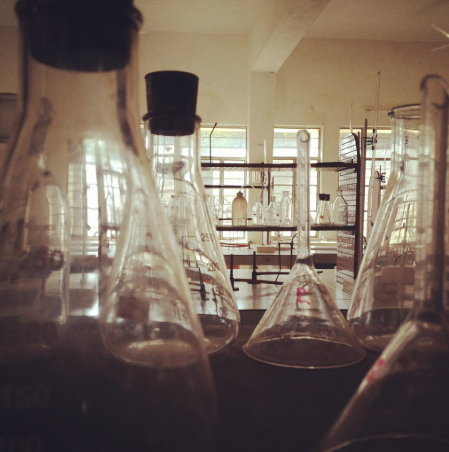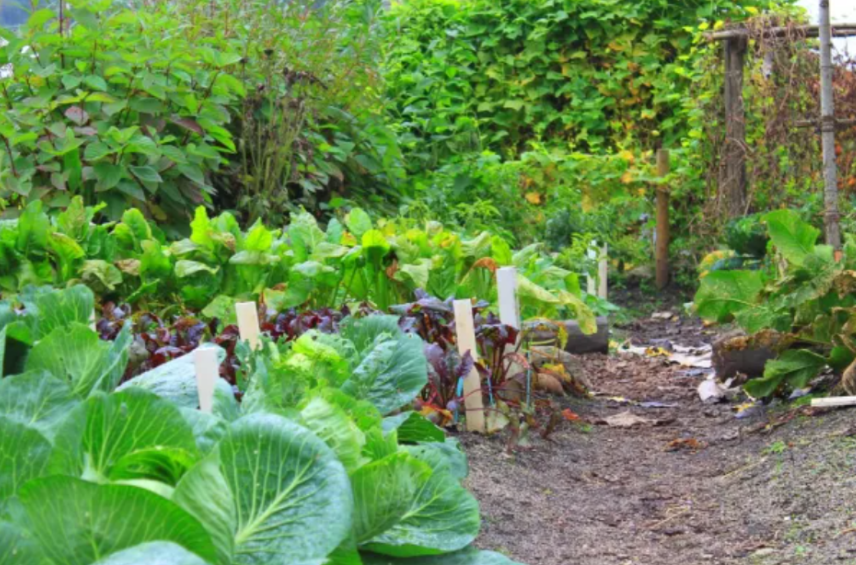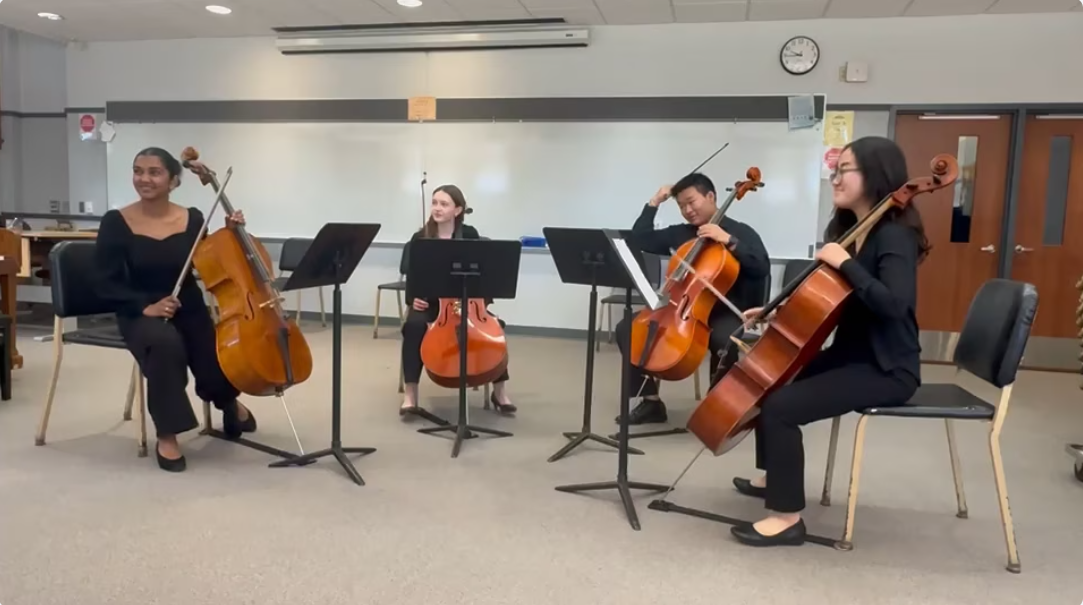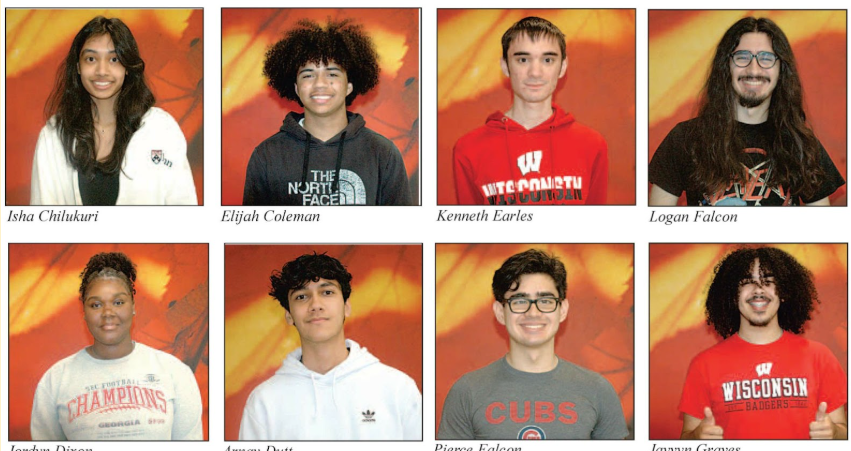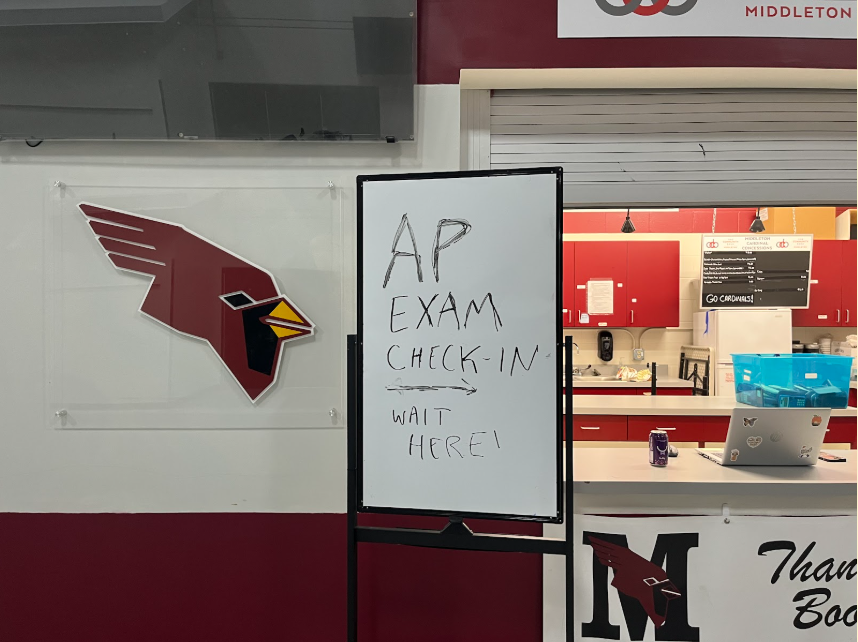Hanukkah: A Celebration of Lights
Shawn Anderson | Creative Commons
This is a menorah, also known as a hanukkiyah, and it is usually lit was a ninth candle called a shamash or “the helper.”
December 15, 2022
Streets are covered in lights, houses are decked in decorations of all kinds and celebratory savory dishes and sugary sweet aromas float in the air. As winter approaches and the days get darker and colder, it would seem everything would become dreary, but instead, a festive spirit fills people’s hearts during the last month of the year: December.
Throughout December, people celebrate different holidays, and for the past two millennia, one of those celebrations has been Hanukkah.
Hanukkah, specifically in America and Canada, has recently exploded into a commercial phenomenon, primarily due to its seasonal overlap with Christmas. But from a religious perspective, it is considered a minor Jewish holiday, while Passover or Rosh Hashanah are major holidays.
Hanukkah means dedication in Hebrew and is sometimes called the “Festival of Lights.” Usually celebrated during November or December (this year, it falls between Dec. 18 and Dec. 26), it is a time when people celebrate with traditional foods, games, gifts and the lighting of a menorah.
Throughout their history, Jewish people have repeatedly been expelled from their land by empires ranging from the Babylonians to the Romans. Judea (also known as the land of Israel) has been the home of Jewish people for thousands of years, located in the heart of the Middle East. After the most recent 2,000-year exile, Israel became a formal state in 1948 following the atrocities Jewish people faced in the Holocaust. Israel has both a cultural and a religious significance in Judaism.
According to the Talmud (one of Judaism’s important texts), in 200 BC Judea came under the rule of the Greek king Antiochus III, and he allowed the Jewish people who lived there religious freedom.
However, his son Antiochus IV Epiphanes outlawed the Jewish religion when he came to power, ordering Jewish people to worship Greek gods. In 168 BC, his soldiers massacred thousands of people in Jerusalem (the capital), desecrated the Second Temple with an altar to Zeus, and sacrificed pigs on the temple grounds, which is considered a grave sin in Judaism.
Outraged, a Jewish priest named Mattathias and his five sons formed a rebellion. When Mattathias died, his son Judah Maccabee fought in his place, and within two years, the Jews had successfully driven Antiochus’ control from Judea. With the fighting over, Jewish people came from all over to cleanse the temple and rebuild the altar.
This was when the miracle of Hanukkah happened; for within the temple, a menorah had to be lit and burned every night.
But there was a problem: they only had enough oil to keep the menorah burning for one day. But while they searched for supplies, the flames continued flickering until they returned after eight days. These events inspired the yearly eight-day festival known as Hanukkah.
Hanukkah today is celebrated with the lighting of a special nine-branched menorah called a hanukkiyah. On each holiday night for eight days, the menorah is typically displayed on a window for outsiders to see, with one additional candle lit each day.
Hanukkah’s essential dishes include latkes (potato pancakes), which are usually served with sour cream or applesauce (there is a debate on which is a better side). Then there are the sufganiyot (jam-filled donuts) fried in oil to represent the miracle of Hanukkah with a powdered sugar topping.
A game usually played during Hanukkah is the Dreidel, the four-sided spinning top with Hebrew letters Hay, Gimel, Nun, and Shin, which represent “nes gadol haya sham” and in English mean, “A great miracle happened there.” The game’s significance is that when Antiochus IV outlawed all Jewish practices, it included reading and studying sacred Jewish text, like the Torah. So when the soldiers came to Jewish communities, those studying the Torah in secret would hide their religious texts and pretend to play the Dreidel so they would not be caught or arrested.
Gifts are also exchanged each night of Hanukkah, and children, while playing with Dreidel, are sometimes gifted Hanukkah gelt, which means “Hanukkah money” in Yiddish. Hanukkah gelts are chocolate coins wrapped in gold or silver foil.
Learning about other holidays that are unique to your own is important because you are able to appreciate others’ cultures and religions. It is also what brings us together and eliminates ignorance.
Happy Hanukkah to those who celebrate, and those who do not, have a wonderful December!



